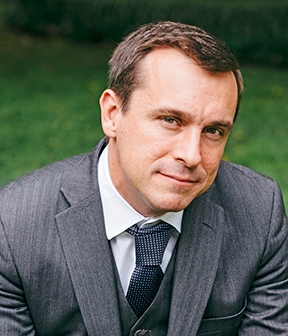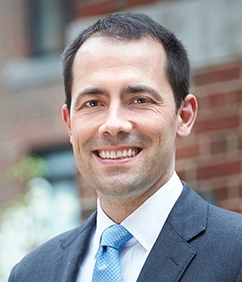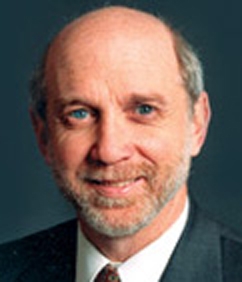FTC hearing at NYU Law probes whether institutional investors reduce competition among their portfolio companies
On December 6, antitrust and securities regulators, law professors, practicing lawyers, economists, and investment managers gathered at NYU Law for the eighth in a series of public Federal Trade Commission (FTC) hearings on competition and consumer protection laws and changing business practices. During the day-long event on “Corporate Governance, Institutional Investors, and Common Ownership,” panelists probed whether index funds and other institutional investors with broad-based portfolios might be reducing competition among the companies whose shares they own.
In his opening remarks, Securities and Exchange Commissioner Robert Jackson Jr., who is currently on public service leave from his professorship at NYU Law, said that the FTC’s public forum served a valuable function in exploring an emerging issue of regulatory concern. “I feel very fortunate to be here because this is exactly the way policy should be made in the United States,” Jackson said. “We should have researchers…put on the table important new questions that we haven’t thought enough about [and] offer policy solutions. We should debate whether they’re right or wrong for the people of the United States. We should demand better evidence when we need it, and we should be willing to act when we have it.”
The FTC hearing centered on a debate kicked off by a 2018 article in The Journal of Finance that raised concerns about the potential competition-stifling effects of “common ownership,” the practice of holding stock in a wide spectrum of companies, including some that may compete with each other. The study by José Azar of the University of Navarra, Martin Schmalz of the University of Oxford, and Isabel Tecu of Charles River Associates found a correlation between common ownership and price increases in the U.S. airline industry.
At the December 6 hearing, however, the precise mechanisms for such anticompetitive behavior were a subject of lively discussion. Insider trading laws limit communications between shareholders and boards, noted panelist Heather Slavkin Corzo, who headed the AFL-CIO Office of Investment from 2014 to 2018. “It's hard for me to understand both the mechanism that institutional investors would use to influence corporate boards in an anticompetitive way, and also the motivation to do it,” Corzo said.
In a second panel, Professor Scott Hemphill cited a recent paper, “The Strategies of Anticompetitive Common Ownership,” that he co-authored with George T. Lowy Professor of Law Marcel Kahan. Attempting to identify a casual mechanism that could link common ownership to higher prices, the two professors considered various possibilities and concluded that the most plausible mechanism was “selective omission” by investors—“[pressing] for firm actions that increase both firm value and portfolio value, while remaining silent as to actions where the two conflict.”
Most participants agreed that more research is needed. Panelist Fiona Scott Morton of Yale University School of Management argued that to fully understand the issue, researchers must be able to study the private communications of financial industry leaders. “Without an understanding of the policy and the exact way it works, if there is a problem, all we can do is use a very blunt instrument,” she said.
In a final panel, Schmalz, one of the authors of the airline study, contended that common ownership doesn’t require active collusion among investors and companies in order to produce anticompetitive effects. For instance, corporate payouts such as dividends or stock buybacks tend to be popular with investors. “Every dollar that’s paid out in the form of payouts can’t be spent again on capital expenditures in the same firm,” he said. “So reduced capital expenditures means lower capacity; lower capacity means lower output—and there’s a competitive effect.”
In his closing remarks, Professor Daniel Rubinfeld said that any policy changes are likely to be years away: “When I teach my antitrust students about both law and economics, one of the things I tell my students is that there’s about a ten-year lag between the deep research that goes into the type of topics we’re interested in talking about.…Eventually some clear conclusions are drawn…and the policy follows.”
Posted January 17, 2019





